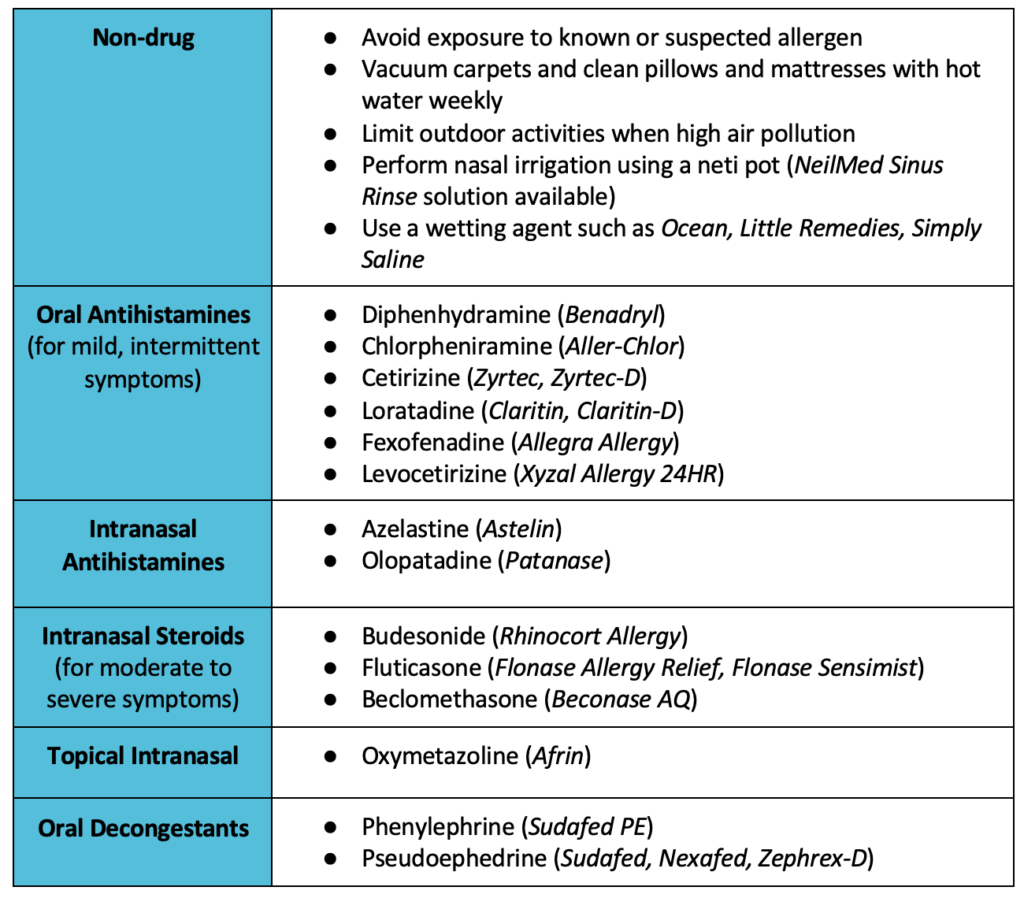Picture this: you see someone. They’re sneezing. Their nose is runny. Their eyes seem to be watery, and they keep rubbing them like they’re itchy. If you thought to yourself, “That person could use a hanky”, well you’re probably not wrong. But if you also thought, “Looks like they have allergies”, then you nailed it. Some people have had allergies for as long as they can remember. Some may not have ever had allergies then they moved someplace else and suddenly developed them. Others might be lucky enough to never develop them in the first place. The truth is that pesky allergies exist in many forms and arise from multiple allergens. We’ll investigate the why, what, and how when it comes to allergies.
Allergies occur because of the body’s immune system and its overreaction to a certain substance that it deems as an ‘intruder’ or ‘harmful’. This results in an allergic reaction. Any substance that causes such a reaction is labeled an ‘allergen’. Usually these allergens are relatively harmless, and what may trigger a reaction in one person may not cause the same reaction in another.
There are different kinds of allergies triggered by various allergens: food, pet, latex, mold, and drug, to name a few. Allergic rhinitis or ‘hay fever’ is used to describe the condition causing the symptoms previously described such as sneezing, runny nose, and itchy, watery eyes. Allergies may be seasonal or perennial meaning that it doesn’t just occur depending on the season but rather year-round. It is usually triggered by pollen. While sneezing and itching are milder and more common symptoms of an allergic reaction, hives and anaphylaxis are more severe symptoms that require prompt medical care.

Allergy Testing
It is important to figure out what triggers an allergy as sometimes the triggers may not be obvious. If allergies are suspected, an allergist would be the best healthcare provider to go to. Their roles involve performing allergy testing, identifying the trigger, and accurately diagnosing the condition. After a complete medical history and physical exam is done, an allergy test may be performed. Common allergy tests include:
● Skin testing – a tiny drop of allergen is pricked onto the skin or injected underneath
● Blood testing – involves a single needle prick and a sample is sent to a lab
● Patch testing – the allergen is applied to a patch which is then applied to the skin
Management and Treatment
If triggers are obvious and able to be anticipated, most patients can be treated completely with over the counter (OTC) medications. Some may still need prescriptions to alleviate their allergies. Regardless, pharmacists are in an important position for helping patients select the appropriate OTC options to help manage their symptoms. Pharmacists can help patients acquire the right oral antihistamine, decongestant, intranasal steroid, or eye drop based on the symptoms present. Patients should always consult with a doctor or pharmacist before taking any OTC drug. Some common treatment options for allergies include the following:

Allergies can be a nuisance, but dealing with them shouldn’t have to be. By understanding why they occur and recognizing the common triggers, patients can make informed decisions on what action to take to treat their condition as quickly as possible. In addition, patients can also come to recognize who to seek out for help (such as pharmacists) in selecting the most effective treatment option that is available.
Midrara Kashmari
RxPharmacist Team
References:
- Types of Allergies. Asthma & Allergy Foundation of America. https://aafa.org/allergies/types-of-allergies/.
- Allergy Treatments | AAFA.org. Asthma & Allergy Foundation of America. https://aafa.org/allergies/allergy-treatments/.
- Allergic Conditions. ACAAI Public Website. https://acaai.org/allergies/allergic-conditions/.
- Types of Allergies | Mount Sinai – New York. Mount Sinai Health System. https://www.mountsinai.org/care/allergy-immunology/allergy-types.
- Mayo Clinic Staff. Allergy medications: Know your options. Mayo Clinic. Published 2017. https://www.mayoclinic.org/diseases-conditions/allergies/in-depth/allergy-medications/art-20047403.

